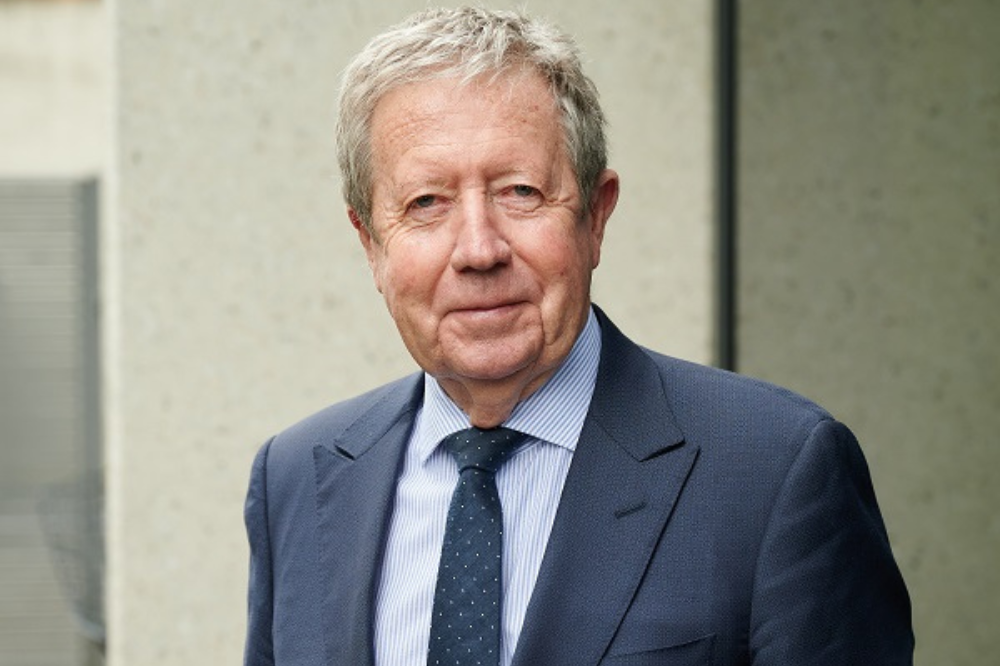
In a little over two weeks, Dr Chris Duncan, Head of Governance at the Association of Independent Schools NSW, steps into a new and exciting role as the CEO of the Association of Heads of Independent Schools of Australia – the peak body representing 442 independent schools in Australia.
Dr Duncan succeeds Beth Blackwood, who has headed up the Association for the last seven years, during which time Australia’s education landscape experienced its most seismic changes in living memory.
With over 20 years’ experience in independent school leadership under his belt, including the role of Head of Governance at the Association of Independent Schools NSW, Dr Duncan is certainly no stranger to these upheavals, and is well primed to support school leaders navigate the ongoing transformation of teaching and learning models.
Read more: Study reveals impact of Covid-19 on schools
Below, The Educator speaks to Dr Duncan about the outlook for independent school heads in 2023, what he considers to be the keys to good governance, and how AHISA will be improving support for the profession under his leadership.
TE: Drawing from your work as Head of Governance at AISNSW, what do you consider to be the most serious challenges for Heads and Chairs of school councils in Australia today?
It is not unusual for Australian schools in any sector to have what is termed a ‘school board’. But in the independent sector the term carries a very precise meaning and signals a range of regulatory obligations. In the independent sector, the school board is akin to the board of directors of a company. Independent schools are typically incorporated under the Corporations Act and must report to the Australian Securities and Investments Commission, and their board members have exactly the same legal and financial responsibilities as the directors of Australia’s largest companies no matter the size of the school.
TE: In what ways is the shifting school governance landscape influencing director development?
Increasing regulation, accountability and expectations of directors’ skills mean the days are long gone when an incorporated company – whether in the industry, business or education sector – can people a board with well-meaning but amateur directors. For independent schools, however, the voluntary nature of the director’s role compounds this challenge. Director development is now at the foreground of school governance in Australia, and the selection, induction and continued upskilling of board members is a constant focus of good governance practice in independent schools.
A hallmark of contemporary school governance is the expectation of stakeholders and regulators that the Chair of the board will play a major role ensuring the duties and responsibilities of the board are performed to a high standard. The Chair therefore has a significant role in the leadership of the board, a role distinct from the Principal’s leadership and management of the school. This is an important separation of roles and a challenge to see that it is properly observed.
TE: In your view, what is the key to good governance, and how will AHISA be helping independent school leaders foster best practice in this important area in the year ahead?
AHISA has always recognised that good governance is the foundation of a good school, and that a key to good governance is a quality relationship between the Chair of the board and the Head. Professional learning opportunities for school governors feature in AHISA’s events program, and the topic of the Chair-Head relationship is always on the agenda. It is also a feature of the presentations at AHISA’s annual New Members Conference. The Chair and the principal must work consciously at this relationship. Trust and mutual respect underpin the quality of this interaction. This relationship is a two-way street where issues are flagged, communication is regular, and trust is established by repeated practice. Strong communication is essential so that both the Chair and the Head have a good line of sight on matters critical to the success and protection of the school.
TE: Once you settle into your new role, how will you be effecting positive change and helping independent school leaders overcome the challenges outlined above?
In an age of social media, pandemics and unsettling change, major issues can emerge in schools which call upon boards and principals to consult closely and act quickly and transparently. It will be part of my role as AHISA CEO to ensure that AHISA continues to offer members a level of governance information which supports the demand for school leadership to be agile and responsive. Importantly, AHISA also offers a ‘Governance 101’ course as part of its Aspirant program for developing school leaders. Exposing aspirants to the principles of good governance prior to taking up a Headship is another valuable way we can contribute to the quality of school governance, and I’ll certainly be looking at ways to augment the program in 2023.


